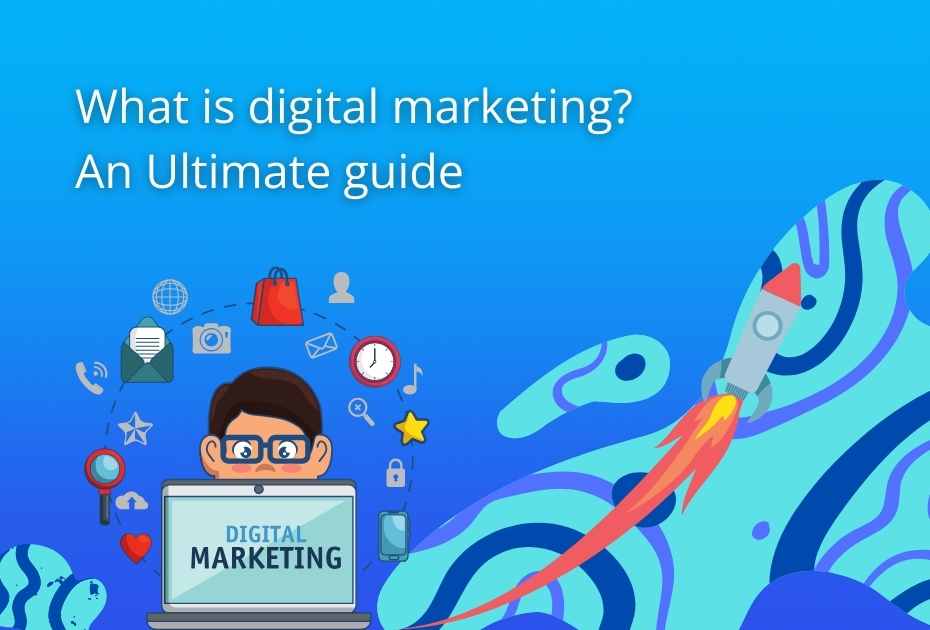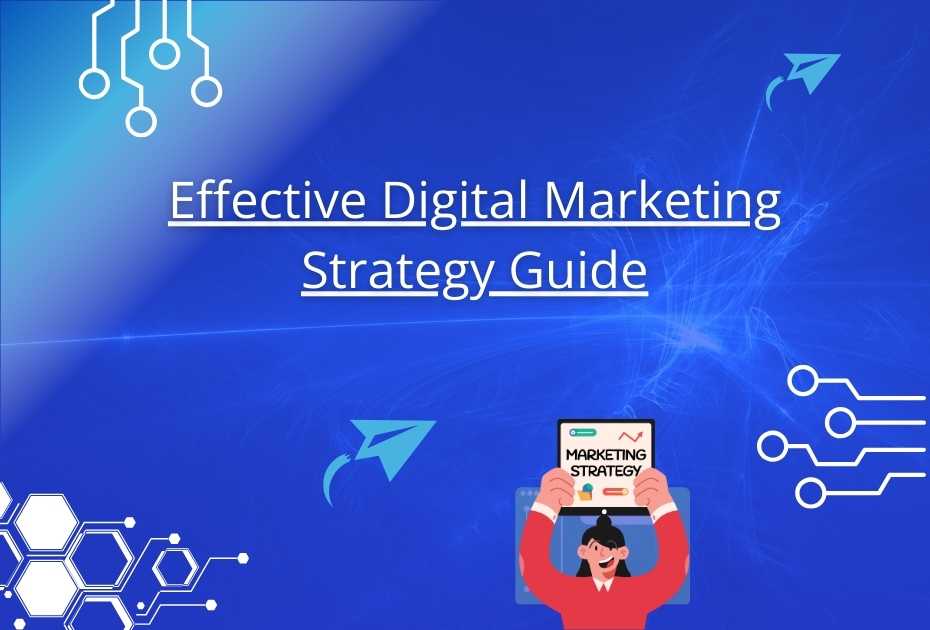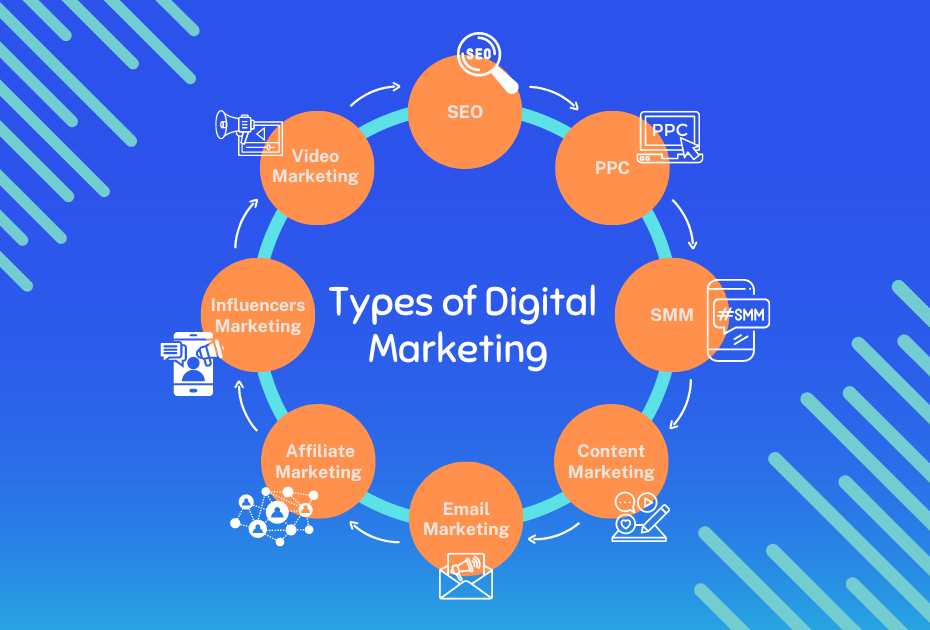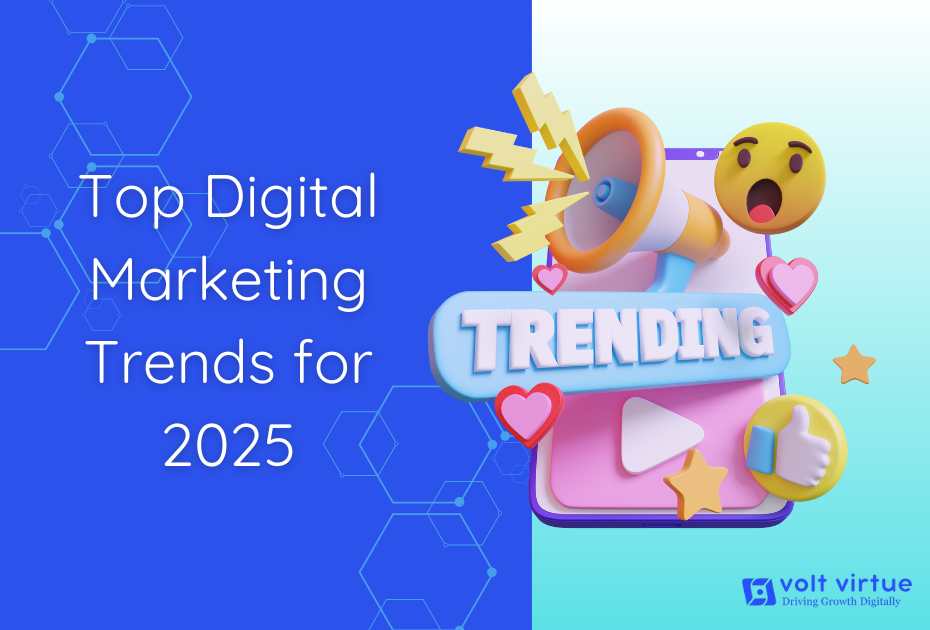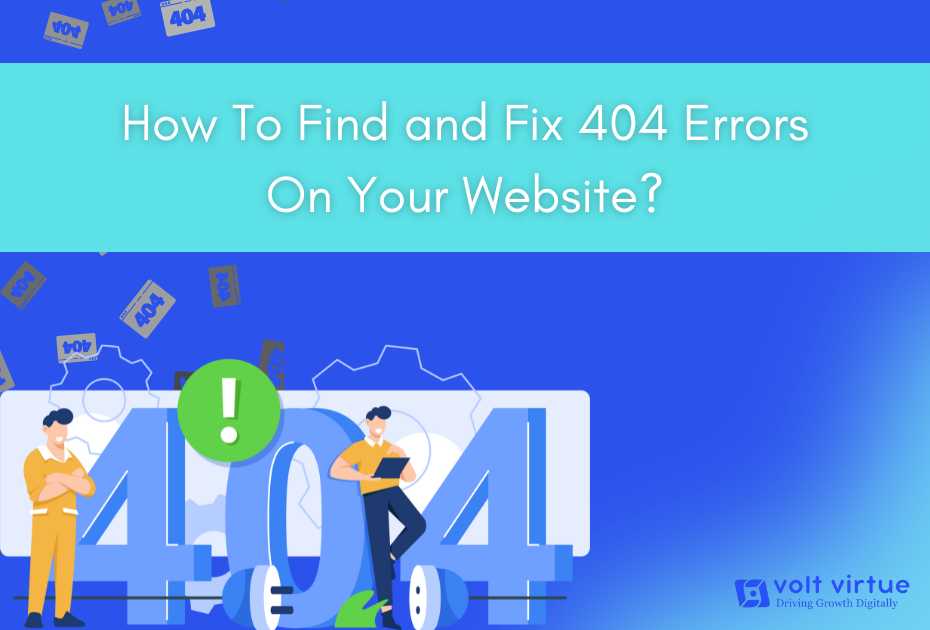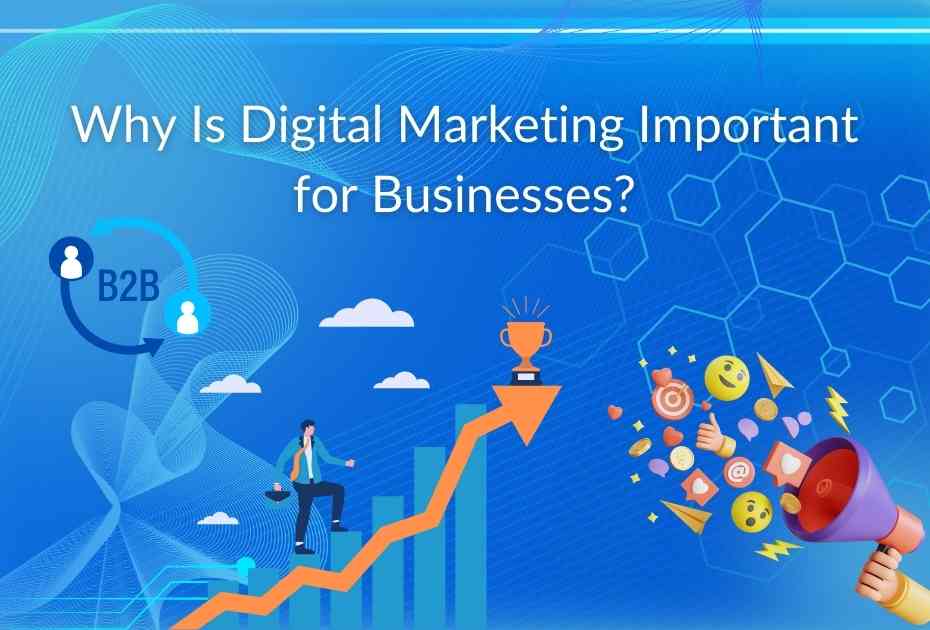
Digital marketing is essential for business growth in today’s world, and understanding why digital marketing is important for businesses is key. It leverages online channels such as social media, search engines, and email to engage with a wide audience. By targeting and converting leads, digital marketing enhances brand visibility, drives website traffic, and boosts sales. It also enables businesses to analyze data, optimize campaigns, and adapt to market trends efficiently.
What is Digital Marketing?
Digital marketing involves using digital channels and technologies to promote or sell products and services. It encompasses various strategies, including content marketing, email marketing, pay-per-click (PPC) advertising, and SEO. In simpler terms, if you find yourself being encouraged to make a purchase while online, that’s digital marketing in action.
Digital marketing is crucial because it enables you to be creative and distinguish yourself from competitors in crowded markets. It is not only essential for businesses but also increasingly relied upon by customers to learn about companies.
The primary goal of a digital marketing strategy is to execute campaigns that align with the company’s broader objectives and ambitions. By leveraging a variety of digital tactics and channels, you can effectively support and drive these goals.
How Do Businesses Use Digital Marketing?
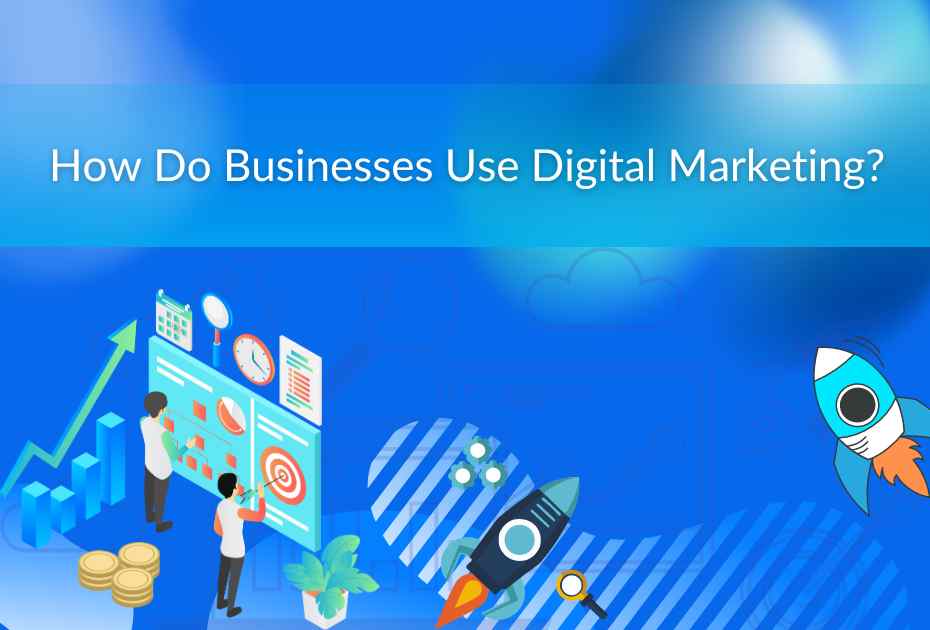
Businesses use digital marketing through several key strategies:
Search Engine Optimization (SEO)
Search Engine Optimization (SEO) is the process of enhancing a website to improve its visibility and ranking in search engine results pages (SERPs) for relevant keywords and phrases.
SEO helps attract organic (non-paid) traffic from search engines like Google, Bing, and Yahoo by increasing your website’s visibility to users searching for information related to your products or services. A higher ranking on search engine results pages not only boosts your brand’s recognition but also drives more traffic to your site.
Pay-Per-Click Advertising (PPC)
Pay-per-click (PPC) advertising is an online marketing method where advertisers are charged a fee each time their ad is clicked by a user on platforms like Google, Amazon, and others.
PPC systems, including Amazon PPC, Google Ads, and Bing Ads, allow businesses to bid on keywords relevant to their products or services. This bidding process increases the likelihood that their ads will be seen by potential customers, driving more targeted traffic to their offerings.
Social Media Marketing
Social media is quickly becoming a key digital marketing tool for businesses. It offers an effective way to promote your brand and expand your reach. Through engaging interactions, social media helps build a connection with customers and fosters a sense of belonging to the brand.
Platforms such as Instagram, Facebook, TikTok, Twitter, LinkedIn, and YouTube each have their unique advantages. It’s crucial to choose the platform that best suits your business and where your target audience is most active.
Social media enables you to connect with customers organically, but it also provides the option to enhance your reach through paid advertising. By boosting posts and promoting content, you can reach a broader audience, increase engagement, and target specific interests and demographics more effectively.
Content Marketing
A content marketer creates valuable and authentic content to attract and engage a target audience. Companies can use different formats like blog posts, articles, videos, infographics, and more to educate and inspire their audience. By providing high-quality content, businesses can build trust with their customers and establish themselves as industry leaders. A successful content marketing approach focuses on producing valuable, relevant, and consistent content to engage with the target audience effectively.
Email Marketing
While some marketers might view it as old school, email marketing remains a vital digital marketing tool. It enables you to send personalized emails to your customers and effectively reach all age demographics within your target audience. Email marketing is versatile and can be used to promote content, offer discounts, announce events, share news, and run competitions.
Influencer Marketing
Influencer marketing, also known as influence marketing, is a type of online marketing that involves collaborating with individuals who have significant influence within a specific sector. These influencers have the power to sway and persuade their followers, impacting their purchasing decisions. Building influence is a gradual process that involves a sustained effort to establish credibility and authority within a particular field.
Why Digital Marketing is Important for Business?
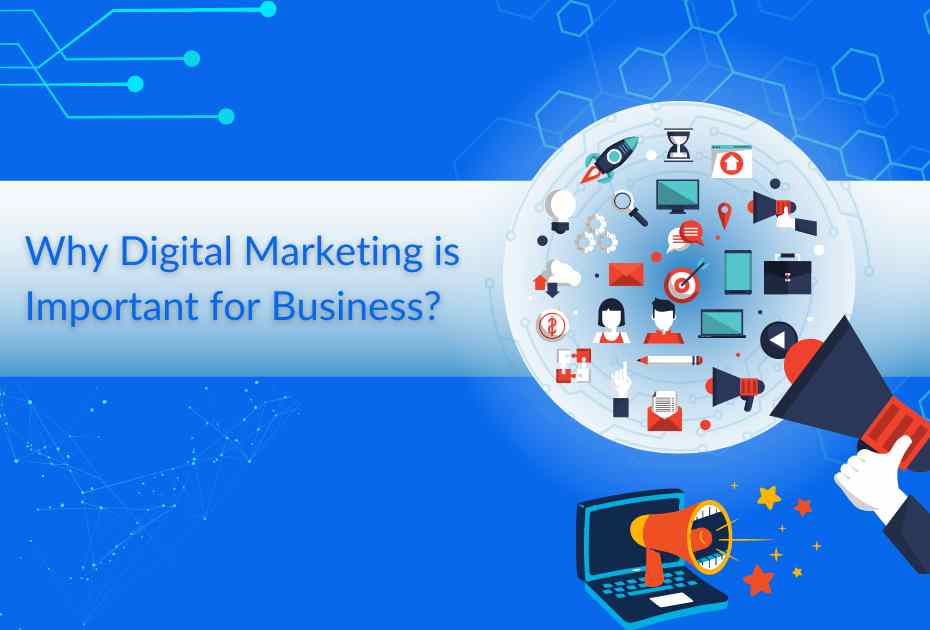
Digital marketing is crucial for businesses in today’s landscape due to its unmatched reach, targeted advertising capabilities, and measurable results. Unlike traditional marketing methods, digital marketing allows businesses to connect with a global audience through various online channels, such as websites, social media platforms, search engines, email, and mobile apps.
This global reach allows businesses to grow their customer base beyond geographical limits and tap into new markets. Additionally, digital marketing provides highly targeted advertising options, allowing businesses to customize their marketing messages for specific demographics, interests, behaviors, and geographic locations. By reaching the right audience with the right message at the right time, businesses can enhance engagement, increase conversions, and improve return on investment (ROI). Understanding why digital marketing is important for businesses helps leverage these advantages for greater success.
1. Reach a global audience
Digital marketing allows businesses to connect with a global audience, unlike traditional marketing methods. It connects you with potential customers around the world, helping you build brand awareness on a global scale. Digital marketing is also a cost-effective way to expand your reach, acquire new customers, and boost revenue, even if your business is based in your hometown. This broader reach opens up new opportunities for businesses, allowing them to explore new markets and customer segments.
2. Cost-Effectiveness
Digital marketing is highly cost-effective, making it a major advantage over traditional marketing channels such as print, radio, or TV. Compared to these traditional methods, digital marketing is significantly more affordable, allowing businesses of all sizes to create and implement effective campaigns.
Whether through social media ads, pay-per-click campaigns, or email marketing, digital marketing strategies can deliver a high return on investment (ROI) while keeping costs low. Traditional advertising often requires substantial expenditure, but digital marketing offers a more budget-friendly approach that maximizes revenue without excessive spending. By leveraging digital marketing, business owners can achieve optimal results without overspending.
3. Measurable Results
Digital marketing enables real-time monitoring throughout campaign processes. Advanced analytical tools offer insights into return on investment (ROI), key performance indicators (KPIs), consumer behavior, preferences, and campaign performance. This allows businesses to adjust their marketing strategies instantly and effectively. Additionally, digital marketing tools provide valuable data on metrics such as conversions, leads, and website traffic, helping you make informed, data-driven decisions during the campaign journey.
4. Targeted Advertising
Digital marketing offers highly targeted advertising capabilities. Tools such as Google Ads and Facebook Ads allow businesses to build detailed customer profiles based on demographics, interests, online behavior, and more. This precise targeting ensures that marketing messages reach the right audience at the right time, boosting the likelihood of conversion. Additionally, digital marketing platforms provide valuable analytics and insights, enabling businesses to continuously refine their strategies and enhance their targeting effectiveness over time.
5. Improved Engagement
Digital marketing makes it easier to interact directly with customers, fostering two-way communication that builds community and brand loyalty. When customers can ask questions, give feedback, and receive quick responses, it strengthens your brand. Engaged customers often spread the word about your products or services and share them on social media. With digital marketing, you can target the right audience and see results in real-time. Strategies like SEO, social media marketing, PPC, email marketing, and content marketing all help increase customer engagement and improve your online visibility.
6. Competitive Advantage
In this competitive market, to keep updated is very essential for any business success. Through digital marketing, we can compete with other businesses, who do not have an online presence. Digital marketing cutting-edge tools and strategies, helps businesses to compete with other businesses and position themselves as industry leaders and innovators.
7. Improve Return on Investment
Digital marketing helps businesses maximize their marketing budgets and improve return on investment (ROI) through targeted advertising. By focusing efforts on reaching people who are more likely to become paying customers, businesses can avoid spending on ineffective ads. The precise targeting capabilities of digital marketing ensure that strategies are tailored to specific audiences, enhancing the likelihood of achieving the best possible ROI.
8. Flexibility and Adaptability
The digital marketing landscape is constantly evolving, with new technologies and platforms emerging all the time. This dynamic environment provides businesses with greater flexibility and adaptability. Unlike traditional marketing campaigns, which can take months to plan and execute, digital marketing campaigns can be launched, adjusted, and optimized in real time. This agility allows businesses to quickly and effectively respond to market trends, consumer behavior, and competitive actions.
9. Data-Driven Decision Making
Digital marketing, with tools like Google Analytics, provides businesses with real-time data and performance metrics. These insights enable businesses to adjust their strategies, optimize campaigns, and achieve better results. Data-driven decision-making helps allocate resources efficiently, reducing wasted marketing spend and maximizing ROI.
10. Building Brand Authority
Digital marketing levels the playing field, enabling you to compete with larger brands in your sector that might otherwise be out of reach. The internet offers a vast pool of potential customers, so by utilizing the digital marketing techniques we’ve discussed, you can target a much larger audience than traditional methods allow. By leveraging various digital marketing channels, your brand can grow and gain wider recognition, increasing awareness of your products or services and expanding your reach.
Conclusion
Adopting digital marketing strategies is essential for companies in today’s digital world. Most consumers now use the internet for discovering, evaluating, and making purchase decisions. Businesses that think digital marketing is a risk then they are missing out on opportunities to connect with their ideal customers, build brand loyalty, and grow their operations.
As the marketing landscape evolves, companies need to embrace digital marketing to achieve their goals. By incorporating digital marketing into their overall strategy, businesses can enhance brand awareness, strengthen customer relationships, and offer more personalized services.
Frequently Asked Questions
1. How Do Businesses Monitor the Success of Digital Marketing?
Businesses track the success of their digital marketing efforts using various metrics and key performance indicators (KPIs) to evaluate the effectiveness of their strategies and campaigns. One common method is through analytics tools like Google Analytics, which offers valuable insights into website traffic, user behavior, and conversions.
2. Why Do I Need Digital Marketing for My Business?
Having a website alone is not enough in today’s competitive online environment. The internet is crowded with traffic and users, making it essential to go beyond just having a website. While your website serves as the foundation of your online presence, promoting it through various digital marketing channels is crucial. Digital marketing helps differentiate your business, attract new visitors, and convert them into customers. It’s essential for standing out against competitors not just locally, but also on a national and international scale.
3. How and Why Digital Marketing Is Growing
Digital marketing is expanding rapidly because businesses need to reach customers where they spend the most time—online. Customers now engage with ads on websites, apps, and social media more than ever before. To effectively connect with this audience, businesses must personalize their content to match their preferences. As more businesses invest in digital marketing, the industry continues to thrive and grow. This growth is also reflected in the increasing demand for digital marketing professionals, as shown in salary guides and employment trends.

